With no missile host in Pacific, new US strategy seeks to arm Japan against China
The United States is struggling to find allies in the Indo-Pacific region who would be willing to host its intermediate-range missiles (IRBM), a new report has found.
The report by US-based think tank RAND Corporation, close to the Pentagon, looks at the likelihood of Pacific countries agreeing to host US IRBMs, the benefits and drawbacks of potential alternatives, and the most feasible alternative.
The report finds that the US strategy that relies on an ally agreeing to permanently host these ground-based IRBMs is bound to fail because of its inability to find a willing partner in the Pacific region.
The author of the report concludes that in the absence of any willing hosts, Washington should encourage Japan to develop a missile arsenal of its own to threaten Chinese ships, thus using Japan as a pawn in its no-holds-barred war against China.
After the US pulled out from the Intermediate-Range Nuclear Forces (INF) Treaty in 2019, it sought to develop and deploy ground-based missiles with ranges between 500 and 5,500 km.
That immediately sparked a debate on where the US will deploy those missiles. Since China was not a signatory of the INF and had developed missiles of its own, Americans eyed the Indo-Pacific region.
The author of the report looks at the likelihood of US allies in the Indo-Pacific region—Australia, Japan, the Philippines, Republic of Korea, and Thailand—hosting its IRBMs to counter the Chinese threat, but finds all of them unwilling.
He also examines alternatives to permanently basing US missiles on allies' territories, but finds drawbacks with each alternative and thus recommends Japan develop an arsenal of ground-based anti-ship standoff missile capabilities at the behest of the US.
In the report published on Monday, the author argues that “the likely receptivity to hosting such systems is very low as long as current domestic political conditions and regional security trends hold,” referring to Thailand, Australia, South Korea, the Philippines, and Japan.
As long as Thailand “continues to have a military-backed government that pursues closer ties with China”, the US “would not want Thailand to host GBIRMs”, it notes.
In the Philippines, as long as a president “continues policies toward the United States and China similar to those of President Rodrigo Duterte, the Philippines is “extremely unlikely to accept US GBIRMs.”
The government of South Korea shares ties with China, so Seoul also is “highly unlikely” to agree to host US missiles amid “a general deterioration of US-ROK relations.”
Australia's historical ties with the US mean that the possibility cannot be ruled out, but “its historical reluctance to host permanent foreign bases and its distance from continental Asia make this unlikely.”
Japan is willing to “bolster its own defense capabilities vis-à-vis China,” but is reluctant to accept any increase in the US military presence or “deploying weapons that are explicitly offensive in nature”, the report says.
The report suggests that to continue to pursue GBIRMs for the Indo-Pacific, the strategy most likely to succeed would be “helping Japan develop an arsenal of ground-based, anti-ship missile capabilities”.
“This would be the first step in a longer-term US strategy to encourage Japan to procure similar missiles with longer ranges,” it states.
Meanwhile, the foreign affairs chief of Japan's ruling Liberal Democratic Party (LDP) said on Tuesday that the country should deploy surface-launched intermediate-range missiles in the northernmost prefecture of Hokkaido to deter missile attacks from China, Russia and North Korea.
Masahisa Sato, the head of the LDP Foreign Affairs Division, made the remarks at an event in Washington organized by the Center for Strategic and International Studies, a US think tank.
Washington has in recent years made strenuous efforts to make inroads into the strategic Indo-Pacific region, with singular aim of countering the rise of Chinese dragon. The attempts, however, have produced no results.
In a bid to ramp up its diplomatic engagement with Pacific countries, the Biden administration is set to host leaders from the region later this year, a senior US government official said on Monday.
Kurt Campbell, who serves as coordinator for Indo-Pacific affairs on the US National Security Council, made the announcement at a US-New Zealand business summit, amid rising tensions with China.
Hackers break into Israeli military’s computers, access trove of documents
Tulkarm Brigade commander killed by Israeli forces in raid on refugee camp
Pro-Zionist media desperately trying to turn Israeli defeat into victory: Iran
VIDEO | Press TV's news headlines
Iran censures US veto of Palestinian request for full UN membership
Over 14,000 kids killed in Israel’s war on Gaza: UNICEF
VIDEO | Iran’s National Army Day marked at the Iranian embassy in Moscow
VIDEO | Iranian culture fosters further development, understanding in SA


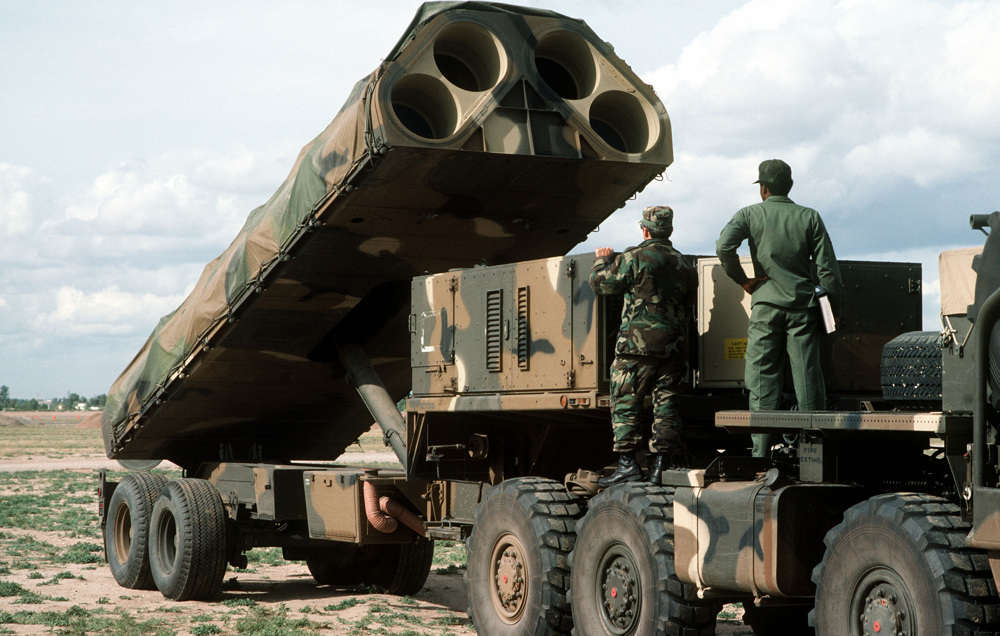

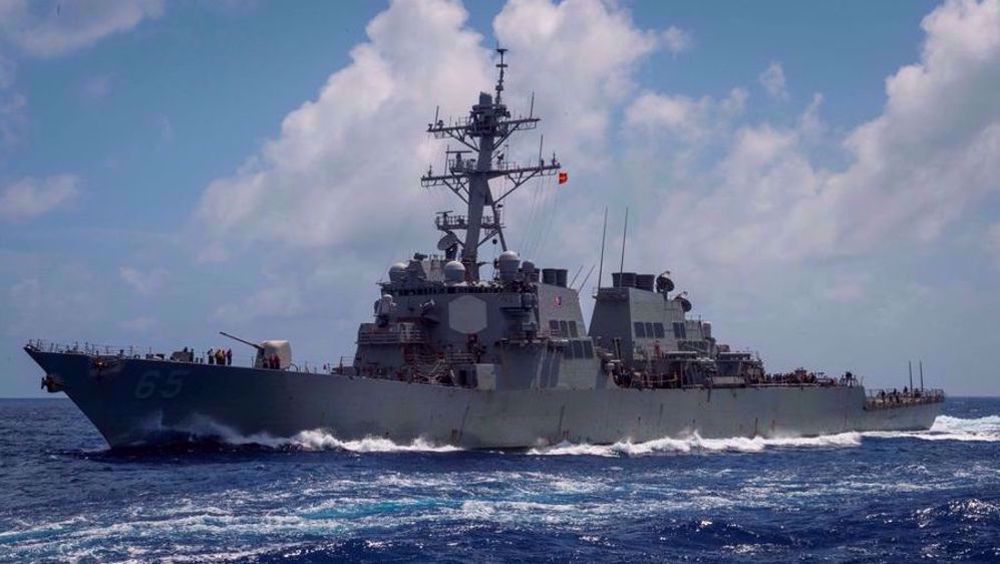
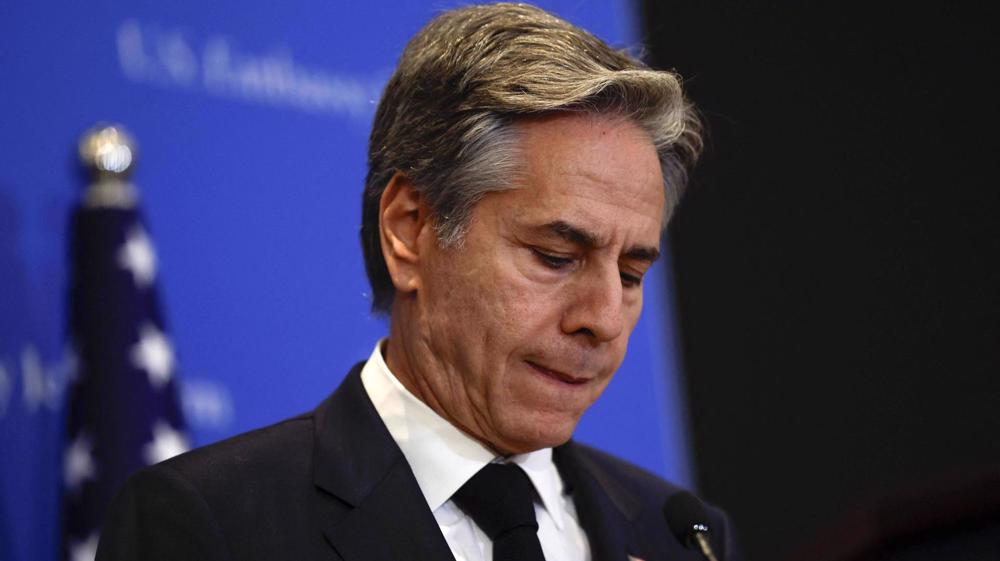
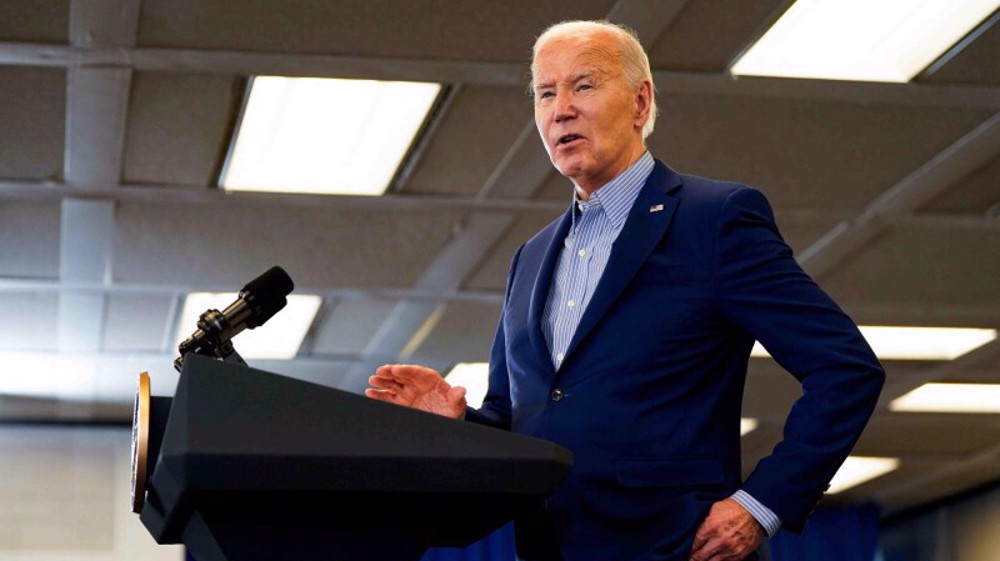
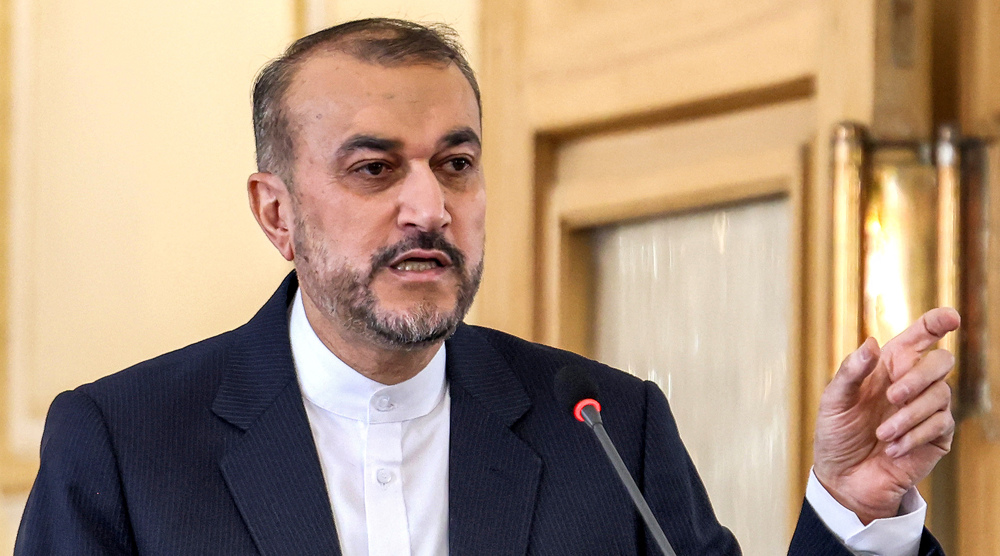



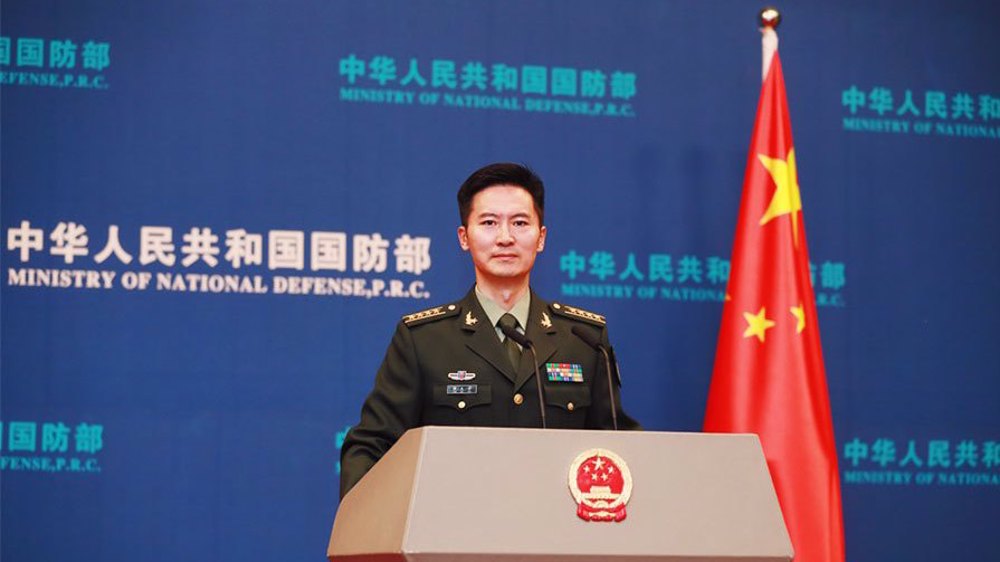
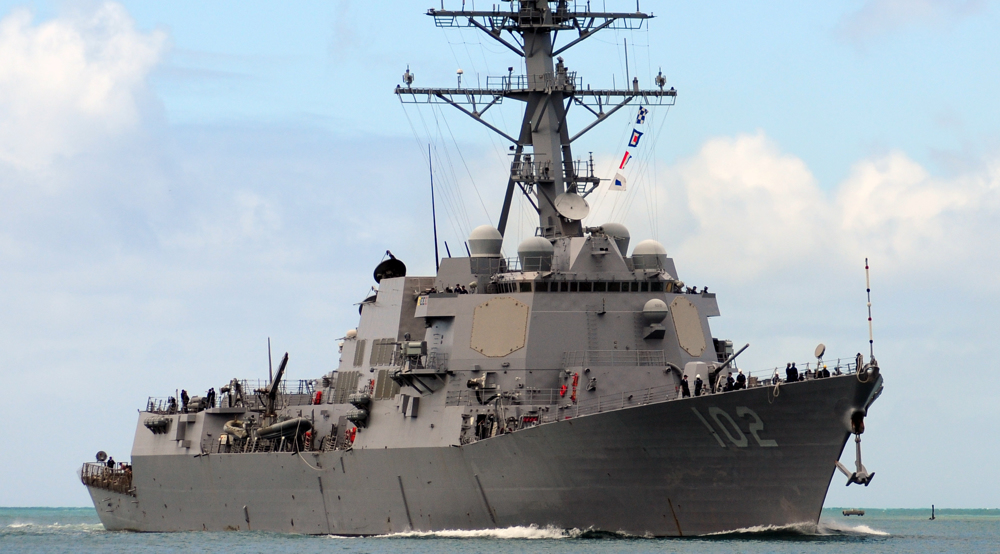
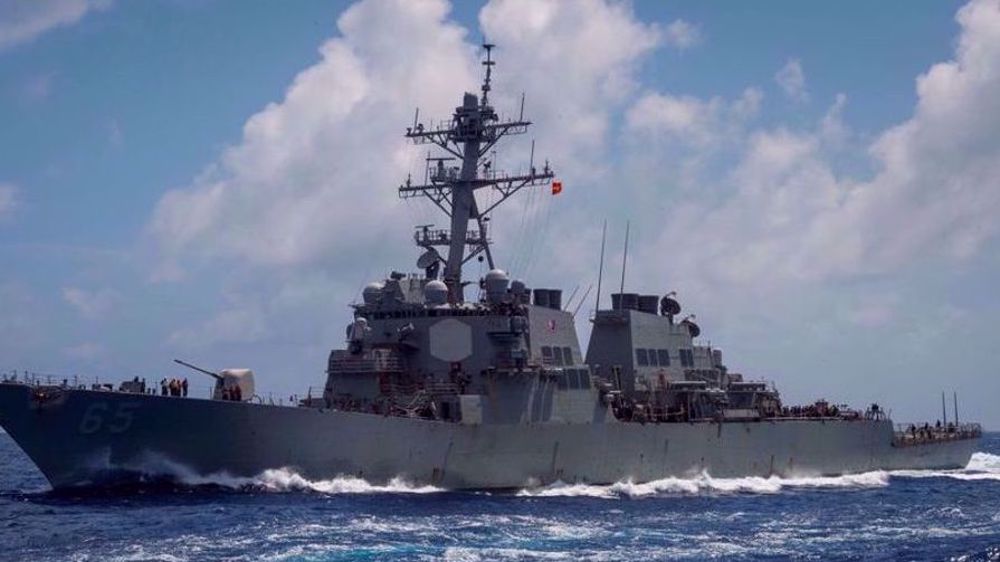

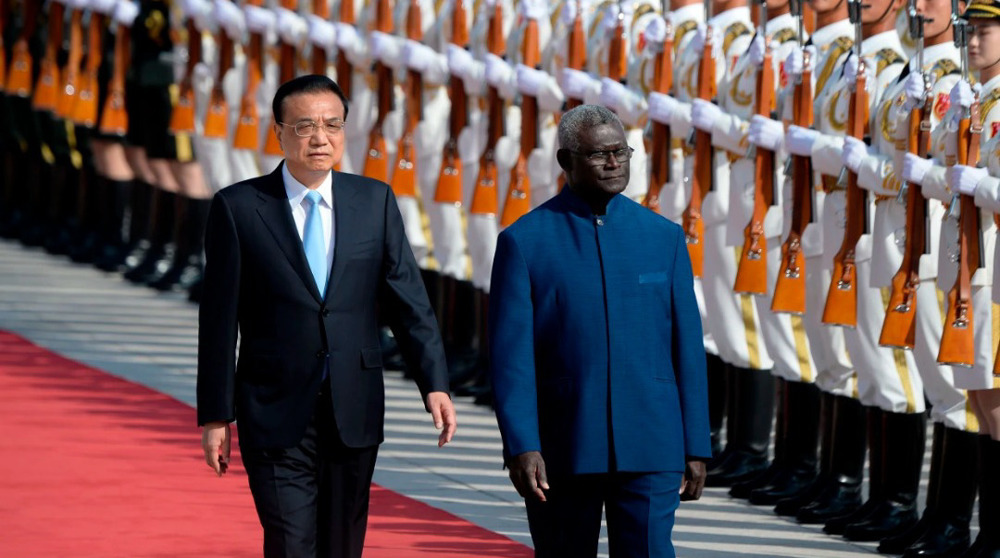

 This makes it easy to access the Press TV website
This makes it easy to access the Press TV website